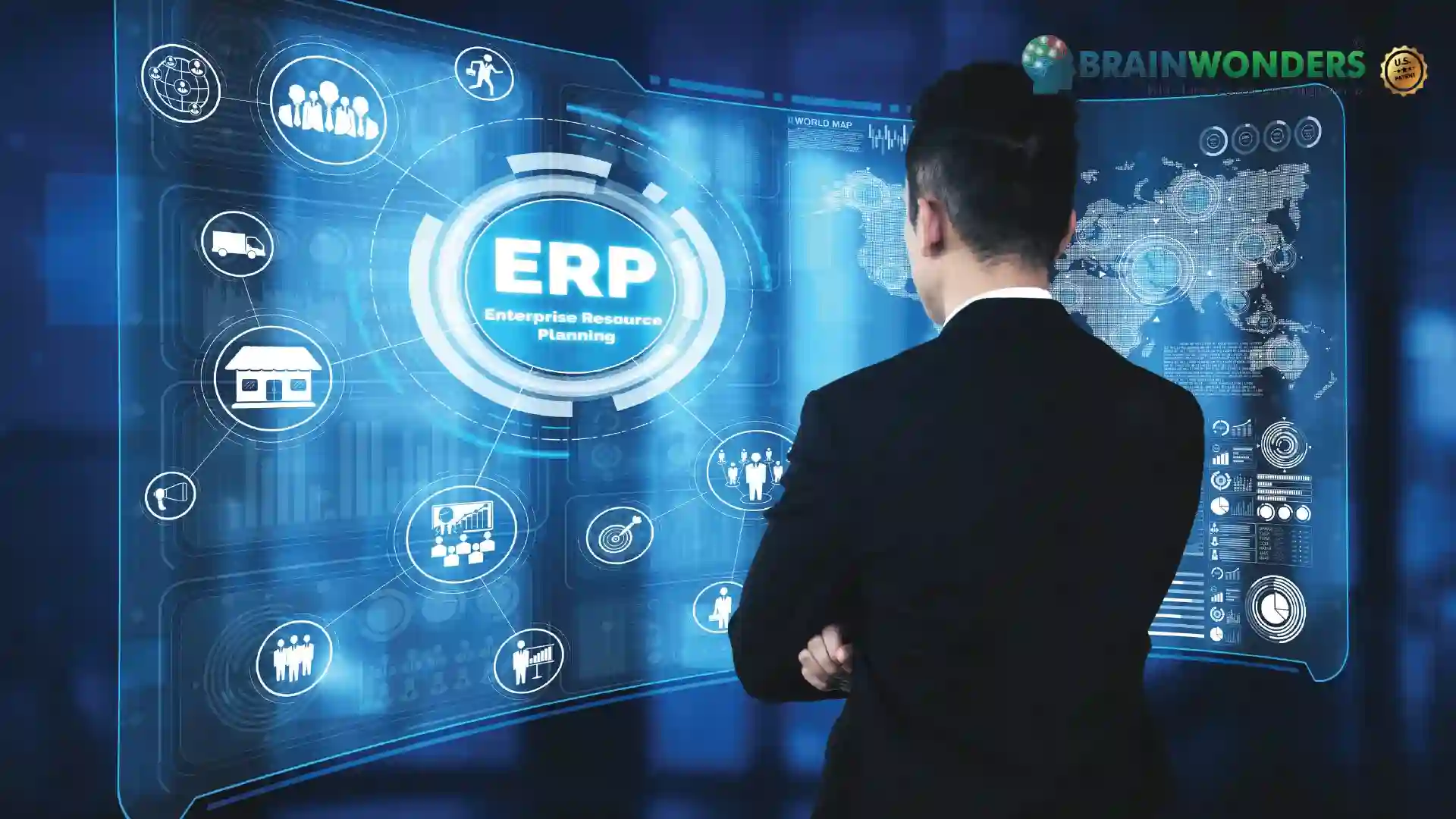Post Graduate Diploma in Enterprise Resource Planning Systems - Course, Fees, Eligibility, Top Colleges, Top Careers
Duration 2 Years
2 Years
Level Diploma
Diploma
Programme Diploma
Diploma
Study Mode Full Time
Full Time
Course Description
"ERP" is the acronym for Enterprise Resource Planning. It can be defined as a suite of software used by different organisations across the globe to manage their day-to-day business activities, such as accounting, procurement, project management, risk management and compliance, and supply chain operations. A complete ERP suite also includes enterprise performance management – A software that helps to plan, budget, predict, and report on an organization’s financial results.
In today’s business world, it is difficult for an organisation to manage its day-to-day operation without a software. ERP is the answers to most of the business need as it supports every process possible in a company. ERP systems corral enterprise data and processes facilitating are able to align separate departments and improve their workflow that results into a significant bottom-line savings. Some of the specific business benefits include:
Improved business insight from real-time information generated by reports
Lower operational costs through streamlined business processes and best practices
Enhanced collaboration from users sharing data in contracts, requisitions, and purchase orders
High user-adoption rates from a common user experience and design
Reduced risk through improved data integrity and financial controls
Lower management and operational costs through uniform and integrated systems
Eligibilty
The candidate should have completed Bachelor’s Degree in relevant faculty or discipline from a recognized university with Minimum of 55% marks in aggregate. Many colleges conduct Entrance exams for admission to this course.
Colleges

.webp)

